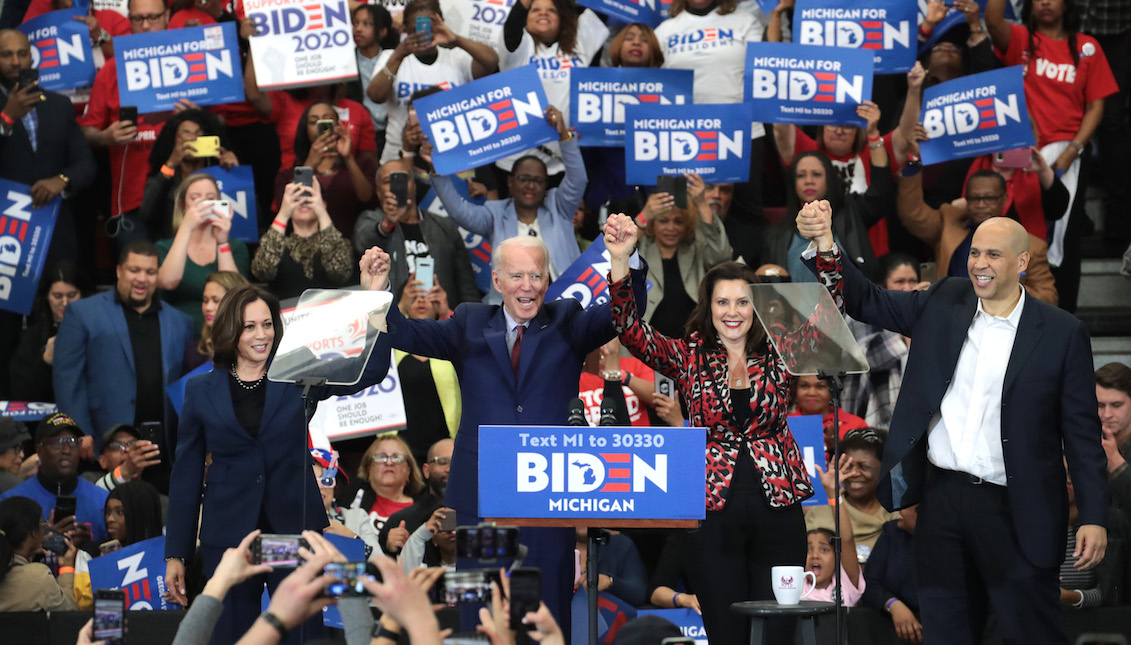
The Politics of Fear
MORE IN THIS SECTION
"In politics, what begins with fear often ends with failure," said the English poet, philosopher and theologian Samuel Taylor Coleridge, founder of the Romantic Movement in England, and known for his introduction of German idealistic philosophy into the English language.
Although he began as a political radical in favor of the French Revolution, Coleridge was always a critic of the political system, always arguing the pre-eminence of the "idea" behind an institution.
Whether you are for or against the importance of political philosophy, the famous phrase of the poet and philosopher is still valid today more than ever.
In the United States, what has determined the direction of the democratic machine has been precisely that: fear. Fear of not succeeding in defeating Trump, fear of losing what little has been achieved in the midterm elections, fear of seeing the country go off on a tangent that has been built by everyone.
A race that began as the most diverse in the country's history, with candidates of color, of immigrant origin, with women, entrepreneurs, and even billionaires, it seemed that the promise of an inclusive democracy was possible. But, again, fear prevailed.
RELATED CONTENT
The possibility that a progressive proposal like that of Bernie Sanders, Elizabeth Warren or Julian Castro would become a reality did not seem to fit in the imagination of the Democratic establishment, and the whispering behind the scenes became deafening when, out of nowhere, candidates like Kamala Harris and Beto O'Rourke got behind former Vice President Joe Biden, all in order to prevent the country from undergoing "real structural change.”
Our cover story this week is dedicated, in large part, to Massachusetts Senator Elizabeth Warren, not in an apologetic or empty claim of melancholy, but as a timid reflection of "what might have been.”
As long as fears outweigh wills, voices like those of Latinos, women, and immigrants in the country will continue to be taken for granted.
It seems that America still prefers a known evil than an unknown good.







LEAVE A COMMENT:
Join the discussion! Leave a comment.